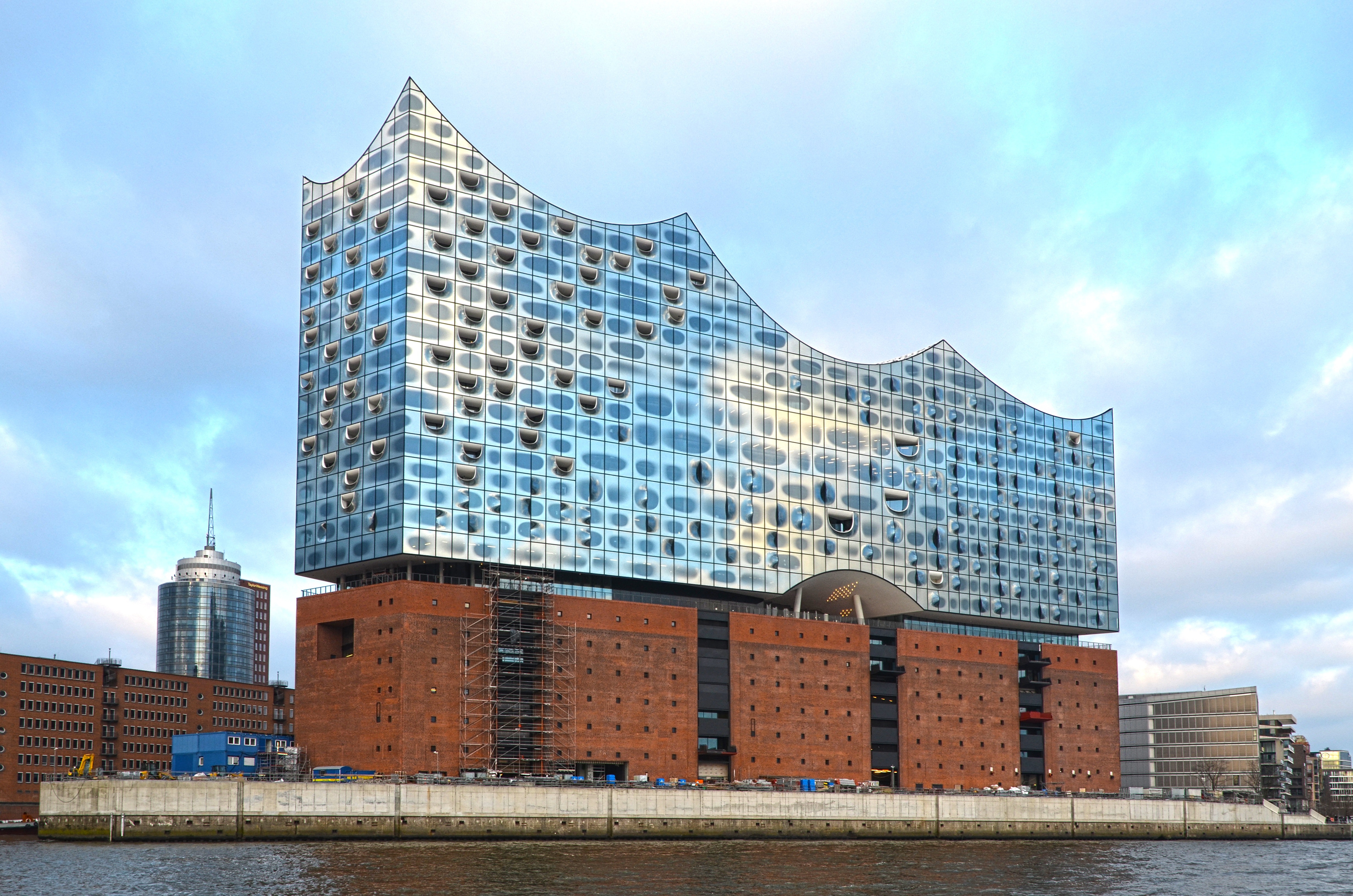City of Hamburg plans to reduce heat energy consumption in public buildings by up to 30 percent this winter

In the face of the energy crisis, the city of Hamburg has launched a major project to significantly reduce heating energy consumption in public buildings. The project will be implemented in a large proportion of the city’s building stock before the end of this heating season.
The Berlin-based company myWarm will carry out hydraulic balancing on around 10 000 radiators in around 50 large public buildings. At the same time, Hamburg is the first major German city to install smart thermostats on a large scale. These come from the EIT's Hamburg-based portfolio company vilisto.
The combination of measures is expected to save up to 30 percent or 15 gigawatt hours of heating energy per year in the buildings. This is roughly equivalent to the average annual consumption of 1 800 apartments with an area of 60 m². Hamburg’s city government is working together with the commercial real estate agency Sprinkenhof GmbH to make these changes, which go far beyond the requirements of the German government's latest energy-saving ordinance.
City of Hamburg as a role model
In addition to long-term projects in line with our urban climate plan, the upcoming cold season now also calls for immediate measures with a short-term impact. Our public companies and also public buildings have an exemplary role to play in the challenges posed by the energy crisis. Their scale alone gives them a correspondingly strong leverage effect and they can save significant amounts of energy. The project now underway is very promising and can make an important contribution to saving energy.
Dr. Andreas Dressel, Finance Senator of the city of Hamburg
Since August, all radiators in approximately 50 properties have been hydraulically balanced by the Berlin-based company myWarm. The company's measurement-based process ensures that all radiators in all rooms are heated evenly, thus preventing additional consumption due to over- or undersupply.
After our hydraulic balancing, the heating system gives off the heat optimally to the rooms. This alone significantly reduces energy consumption. In addition, we thus create the conditions for further energy-related renovation measures to take effect in the best possible way.
Daniel Kessler, Managing Director of myWarm Deutschland GmbH
vilisto's smart thermostats heat only when a room is used
While the hydraulic balancing is implemented, the Hamburg-based company vilisto is simultaneously installing its smart thermostats. These automatically detect whether and when a room is being used and heat the room as needed. This is especially important because public spaces such as offices or schools are usually heated continuously but not in use up to 80 percent of the time, for example after work, on weekends or on home office days.
With this major project, the city of Hamburg is sending a clear signal for a comprehensive heat transition. The widespread use of innovative solutions not only saves energy, emissions and money in the short term, but is a necessary technical building block for the building sector to achieve its mandatory climate targets by 2030.
Christoph Berger, CEO and co-founder of vilisto
Landmark buildings such as Hamburg City Hall part of the project
The properties involved in the project include office and administrative buildings, fire and rescue stations, police stations, cultural facilities, business parks, and university properties, all with areas ranging from 1 000 to 40 000 m². These include, for example, Hamburg City Hall, the Altona, Bergedorf and Harburg City Halls, the Planetarium, the Deutsches Schauspielhaus, the Hamburg Kunsthalle and the courthouse at Sievekingplatz. The technology’s implementation will be carried out during ongoing operations without any significant disruption to workflows. By the end of December 2022, around 25 of the 50 buildings will already be hydraulically balanced and equipped with vilisto’s self-learning thermostats.
With our push to implement new technologies, we can respond in the short term to the federal energy-saving ordinance in the 50 or so buildings, and enable our tenants to heat efficiently and intelligently. For example, we can centrally control the 19-degree requirement without any effort on the part of our occupants. We are convinced that the ongoing energy crisis can only be countered through joint action. That's why we're taking responsibility and using the measures to expand the climate friendliness of our portfolio in the long term as well.
Jan Zunke, Sprinkenhof Managing Director
The Climate Plan and the immediate measures now initiated by the City of Hamburg go hand in hand with both the recommendations of the Federal Ministry of Economics and Climate Protection as part of the Energy Efficiency Strategy 2050 and the 2nd Energy Saving Ordinance, which came into force at the beginning of October. For public buildings with a floor area of 1 000 m² or more, the ordinance requires, among other things, a mandatory hydraulic balance and a reduction in the heating temperature to a maximum of 19 degrees Celsius.


 Share this page
Share this page


